Tulku director Gesar Mukpo on first-person filmmaking and reincarnation
Tulku is a full-length NFB documentary that tells the story of Western tulkus, young people born in modern Western cultures who were recognized, when they were children, as reincarnations of great Tibetan Buddhist masters.
Filmmaker Gesar Mukpo is one of them and Tulku is his own deeply personal film. In the documentary, he explores how being recognized as a tulku in his childhood affected his life, and travels halfway around the world to meet other Western tulkus and compare field notes. Wherever you stand on Buddhism, reincarnation or life after death, it’s a fascinating film.
In advance of the CBC broadcast of Tulku, on August 11, 2010 at 10 pm, I spoke with Mukpo over the phone from his home in Nova Scotia. Here is some of what he had to say.
Carolyne Weldon: Where did this idea of turning your own story into a film come from?
Gesar Mukpo: There is this program called Reel Diversity [Reel Diversity is an initiative of the NFB and CBC Newsworld to provide emerging Canadian filmmakers of colour with the opportunity to direct a feature documentary.] Well the first time I applied, I didn’t get it. So next time around, when the time came to apply again, I wasn’t sure what to pitch. The deadline was fast approaching. I wrote a paragraph, off the top of my head, about my own life. It took me 20 minutes. Afterwards, I looked at it and I thought, “Hey! That’s a pretty good story!” It was very spur of the moment. I had very little time to think of something. But it worked. The NFB loves personal narratives. Also, I would like to say I feel very fortunate to have obtained Reel Diversity’s mentorship and assistance. I heard it had been discontinued. It is a real shame it won’t be around anymore. So many talented filmmakers got their first film made through that program.
CW: Directing your own story meant being on screen. How comfortable are you with seeing yourself on film?
GM: (chuckles) When we started, I kept asking my producer: “Do I have to do it?” But if you set out to do it, you have to deal with it. There were lots of moments of hesitation. The story is very personal; it’s bound to feel embarrassing sometimes.
CW: How does it make you feel that you were chosen as a vehicle for rebirth by a great Buddhist master?
GM: Well first of all, the question is not whether this is real or not. It’s about how I dealt with it. The reality is that being recognized as a tulku had an impact on me. I try to understand the situation it created and continues to create.
CW: Do you know of any women tulkus. Did you interview some for your film?
GM: There are few in the West. In fact, there are very few female tulkus period. The Tibetan clergy is a very male clergy. But before and beyond gender, I was looking to let the story tell itself, for it to unfold naturally. Everyone featured in the film is related to me in some way – by either direct connection or karmic link.
CW: Other tulkus in your film discuss some of the darker aspects of the Tibetan clergy and tulku system, such as corruption. Do you fear alienating parts of your target (Buddhist) audience by voicing these?
GM: The film isn’t about taking sides. It isn’t about picking bones. It doesn’t strive to make a political argument. The idea was to take the system apart and go beyond it – from the systematic to the personal.
CW: How has the film been received so far?
GM: The film is being shown in festivals across Canada. It premiered in Vancouver last year, at DOXA. I think it’s the kind of movie that will have a much bigger life on DVD though, with the international audience and all that, as people review it on the internet. All in all, I feel like I achieved what I set out to do. I didn’t want it to be a “church” movie. I didn’t want to make a religious film, a Buddhist film or a political film. It’s a film about people growing up in peculiar circumstances. Something bigger and lighter than this “spiritual trip”. It’s still a relevant story, even if you don’t believe in reincarnation. Transformation of culture… dilution of culture, it’s everybody’s story.
* * *
In an experimental NFB first, tonight’s CBC broadcast will be live-tweeted by Tulku director Gesar Mukpo himself. Not sure what that means? It means that throughout the broadcast, viewers will be able to interact with Mukpo (@chewyguru) via Twitter, to ask questions and make comments about the film in real time. The hashtag #tulku will be used to track the conversation. Should you join, please let us know how you thought it went down.
Not on Twitter? No problem. The CBC’s Passionate Eye will be streaming the exchanges by way of a widget located directly on the Tulku page, just for you.
Get in the mood by watching the Tulku trailer here, and happy broadcast!
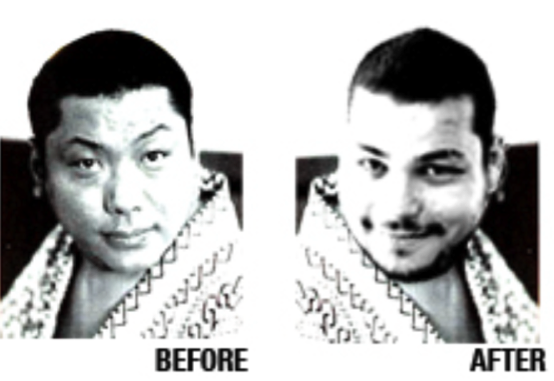
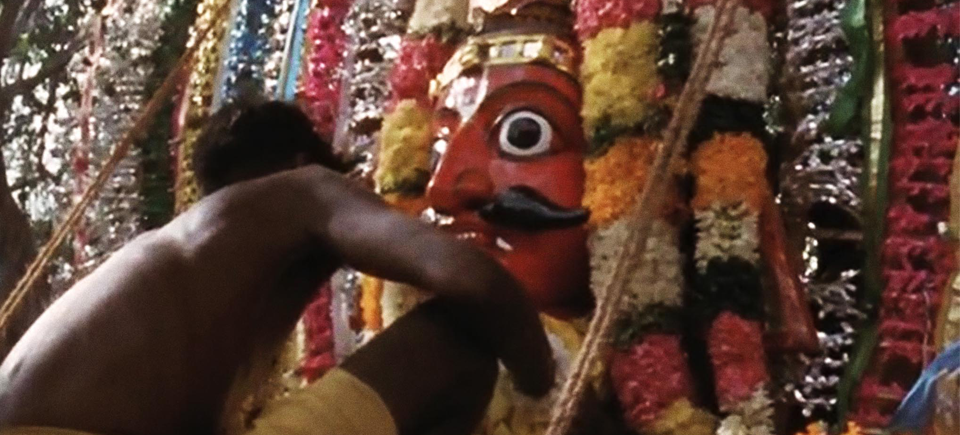
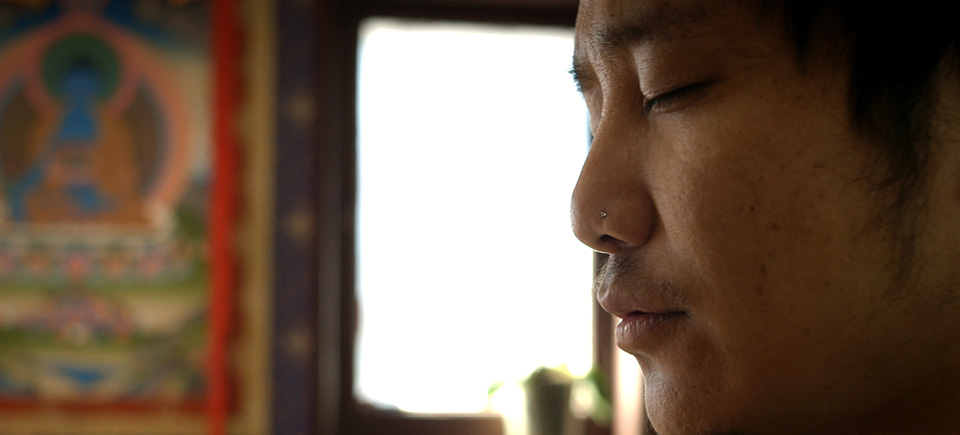
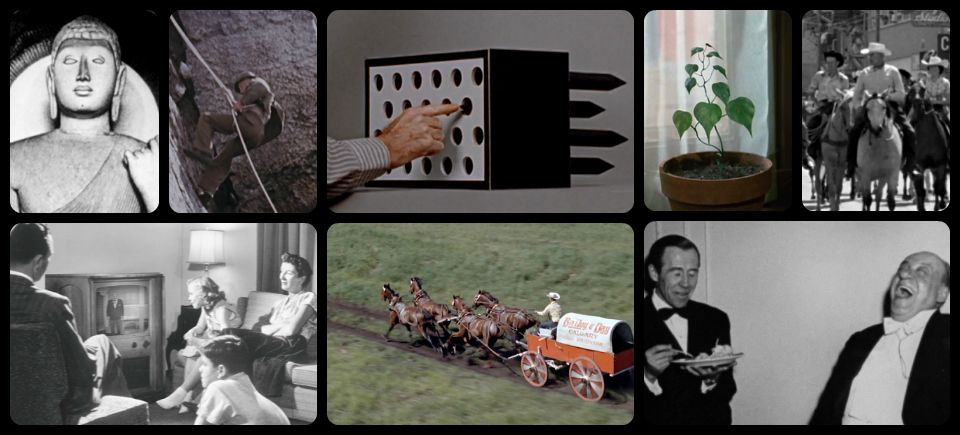
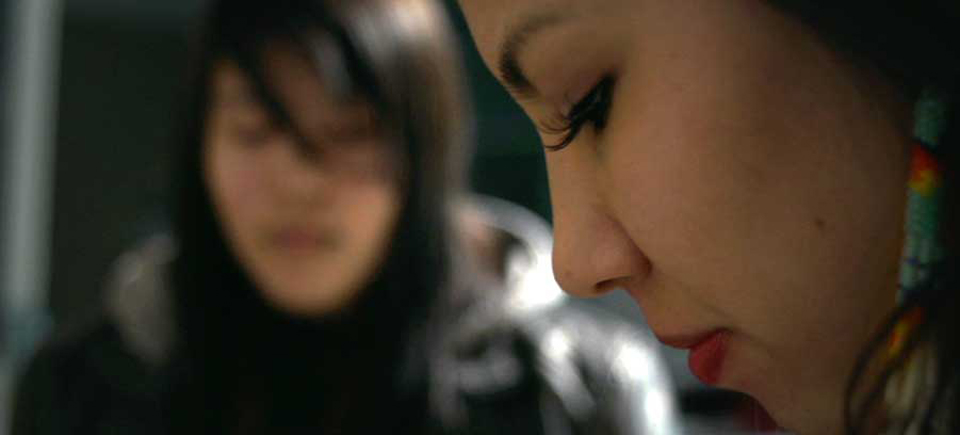
please let me know where I can buy the film.
I’m in Montreal